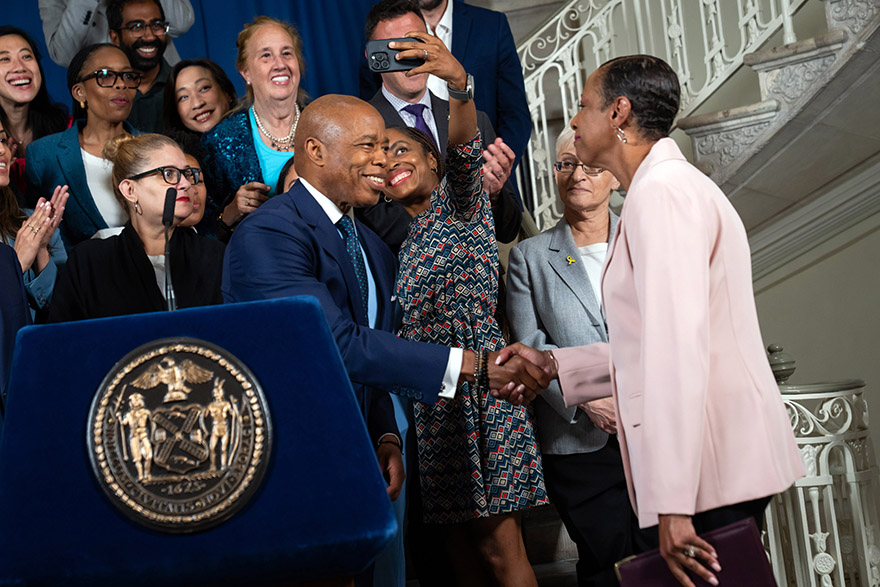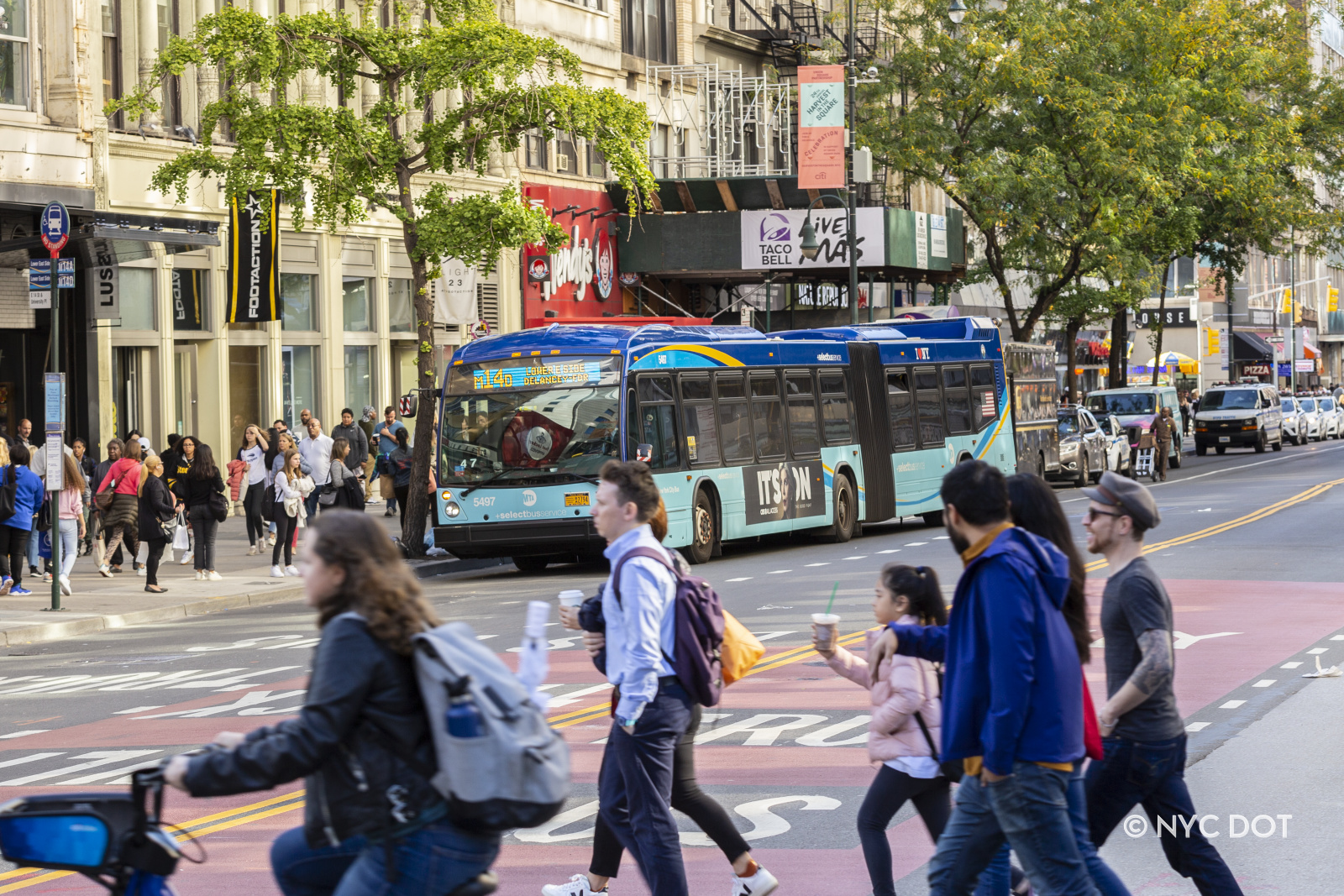Zohran Mamdani"s Radical Economic Agenda
In a stunning turn of events, Zohran Mamdani, a self-described democratic socialist, has captured the attention of New Yorkers and the financial elite alike with his recent primary victory. The 33-year-old state assembly member"s platform, dubbed "Zohranomics," includes ambitious proposals such as a citywide rent freeze, free public transportation, and government-run grocery stores aimed at combating food deserts. These proposals have ignited fierce backlash from wealthy financiers and centrist politicians, marking a significant moment in the ongoing struggle for economic justice in America.
Critics and Supporters Weigh In
The reaction from the establishment has been swift and scathing. Hedge-fund billionaire Dan Loeb labeled it an "officially hot commie summer," while former Treasury Secretary Larry Summers dismissed Mamdani"s agenda as "Trotskyite economic policies." These criticisms, however, only serve to galvanize Mamdani"s supporters, who view them as evidence that the candidate is on the right track. Isabella M. Weber, a prominent economist, argues that the critique of Mamdani"s rent freeze is both misguided and shortsighted, considering it is part of a broader strategy that includes plans to construct 200,000 new rent-stabilized units over the next decade.

Office of the Mayor | News, Press Releases, Statements ...
Addressing Housing Affordability
Mamdani"s housing policy is not just a response to the current affordability crisis but a bold effort to reshape the city"s approach to housing altogether. The proposal for a rent freeze for one million rent-stabilized apartments aims to provide immediate relief to renters facing skyrocketing costs. Critics often claim that rent control can lead to reduced housing supply, as reported by Brookings. However, Mamdani’s emphasis on simultaneously expanding public housing investments and changing zoning laws aims to counteract these potential pitfalls. This dual approach recognizes the urgency of the housing crisis while seeking to build a sustainable model for future generations.
Food Equity and Public Options
Another cornerstone of Mamdani"s platform is the establishment of government-run grocery stores in food deserts, a move that aims to alleviate both economic and nutritional disparities. The stores will operate in city-owned buildings, effectively reducing overhead costs and passing the savings onto consumers. This initiative mirrors the growing demand for public options in vital sectors, as echoed by Becky Chao of the Economic Security Project, who states that public options can help shift power dynamics in the economy. While Mamdani"s proposal starts small with just five pilot stores, there is potential for expansion that could foster competition and lower prices in the private sector, a crucial step in fighting corporate monopolies in food retailing.

Bus Rapid Transit in New York City
Universal Childcare as Economic Infrastructure
Among the most transformative elements of Mamdani"s agenda is the promise of free childcare for every New Yorker aged six weeks to five years. The proposed cost of this initiative is estimated to reach up to $12.7 billion annually, according to advocacy groups. Funding would come from raising the city income tax on individuals earning over a million dollars and increasing the corporate tax rate. Such moves have drawn skepticism from critics like Andrew Cuomo, who claim that higher taxes could drive wealthy individuals and businesses out of New York. However, this argument overlooks the fact that affordable childcare is a critical economic infrastructure that can keep families in the city, support working parents, and ultimately contribute to a more robust local economy.
Political Realities and Future Challenges
Mamdani"s ambitious proposals are set against a backdrop of complex political realities. If elected, he will have to navigate a challenging landscape in Albany, where state approval is necessary for tax increases and extensive municipal bond issuances. The history of successful progressive policies under previous mayors suggests that while Mamdani may face hurdles, he can also forge alliances to achieve significant portions of his agenda. The urgency of the affordability crisis in New York City has created a unique moment in time where progressive voices can potentially reshape the city"s economic landscape.

Report shows majority of NYC families can"t afford child care







![[Video] Gunfire between Iraqi security forces and Sadr militias in Baghdad](/_next/image?url=%2Fapi%2Fimage%2Fthumbnails%2Fthumbnail-1768343508874-4redb-thumbnail.jpg&w=3840&q=75)
